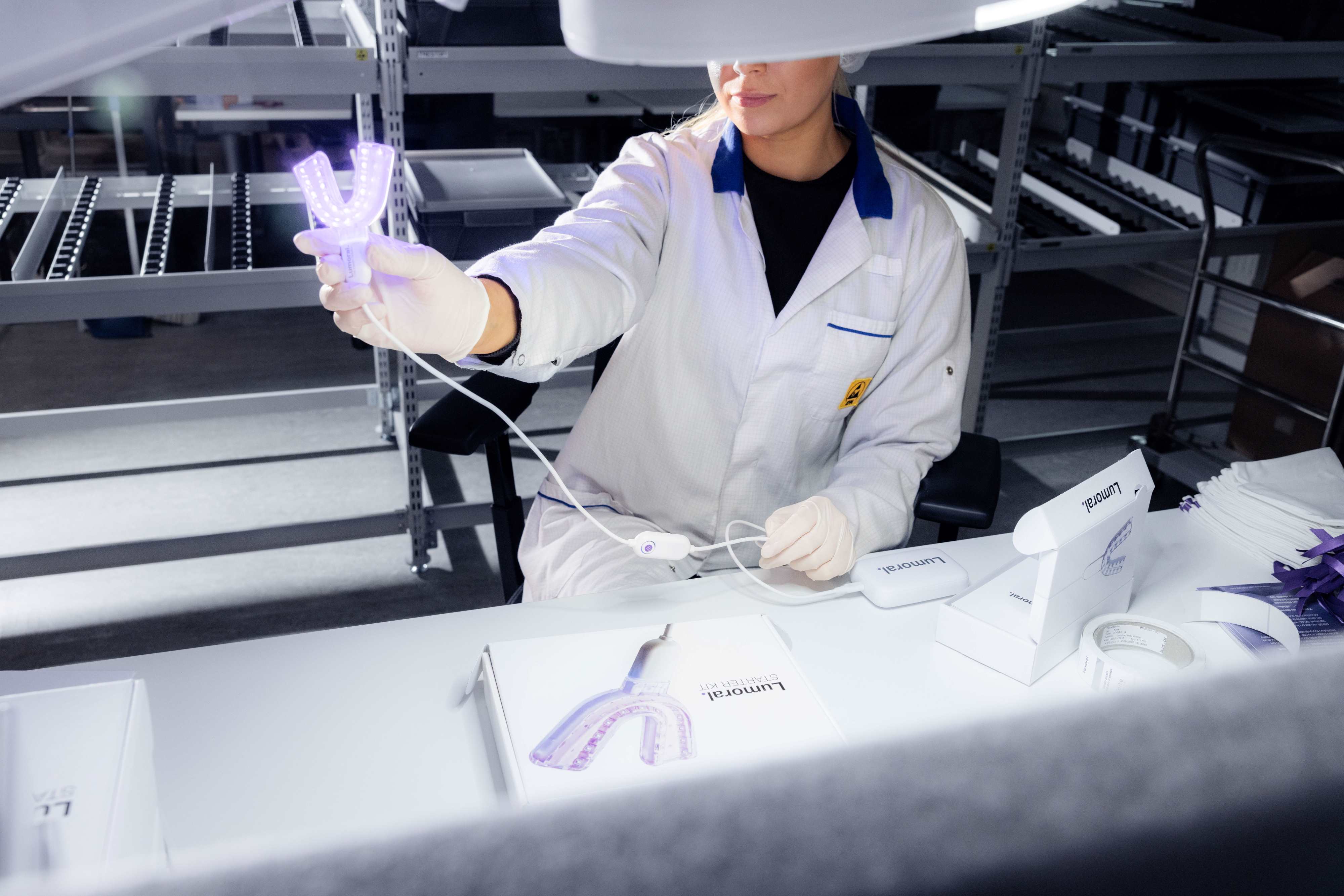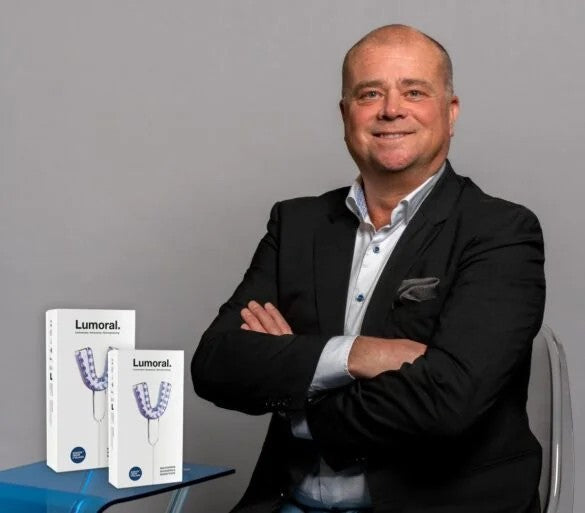“If I can get through this, I can get through anything.”
Finnish TV presenter and media personality Satu Tuomisto suffered permanent nerve damage during a wisdom tooth extraction - just days before the most important broadcast of her career. Three and a half years later, she has retrained her speech and learned to live with a lifelong disability, though fear still lingers in her daily life.
A New Chapter in Rallying
For the past three and a half years, Tuomisto has been well known in Finland from rally broadcasts at MTV3, the country’s largest commercial television channel. Transitioning into the world of motorsport was a leap into the unknown for her:
“I had to learn all about the drivers and co-drivers from scratch, like piecing together a jigsaw puzzle. It was completely new territory for me.”
Although the job has been an exciting adventure, Tuomisto admits she could never be a co-driver herself:
“I’ve been in the car, and after just one special stage I was completely wiped out with nausea. The thought of reading pace notes while bouncing around is impossible for me. I have huge respect for the professionalism of both drivers and co-drivers.”
The Procedure that Changed Everything
Just a week before her very first World Rally Championship broadcast, Tuomisto visited the dentist for an inflamed wisdom tooth. What should have been a routine procedure took a devastating turn: the surgery caused permanent nerve damage.
“When the local anesthesia wore off, the numbness didn’t. Three days later, my tongue and lower jaw were still completely numb.”
Complications didn’t stop there. She also developed jaw lock, leaving her mouth able to open only the width of one finger—just days before going live on air.
“I thought: if I can get through this broadcast, I can get through anything.”
And she did. The show went smoothly, but the aftermath left its mark: permanent numbness in her tongue and a slight lisp, making speaking English especially challenging.
Dentist Satu Aalto from Dental Clinic Albin stresses that such cases are rare:
“If you’re preparing for wisdom tooth extraction, it’s important to see a dentist you trust and ask all your questions. Nerve injuries are extremely rare, but I understand how frightening the possibility can be. Your dentist can assess the actual risk in your situation - it may even be zero.”
Living with Lingering Fear
Although part of her tongue remains numb, Tuomisto has retrained her speech so well that outsiders rarely notice - but the fear remains. She still has another wisdom tooth that should be removed. Even the thought of it makes her anxious:
“If the same thing happened to the other side of my tongue, my career would be over. That thought follows me around and makes me very cautious about dental care.”
Dr. Aalto acknowledges the fear but highlights alternatives:
“If the procedure feels overwhelming, ask about sedation. We perform it often, and patients usually find it a lighter, easier option than general anaesthesia.”
The nerve damage forced Tuomisto to decline all English-language hosting work. Only last May, after three and a half years, did she return to the stage at a bilingual event.
Advocate for Oral Health
The experience has turned Tuomisto into a strong advocate for oral health, which she reminds us is closely tied to overall well-being.
Over the past year, she has been using Lumoral treatment and praises its results:
“After the first use, it felt like I’d just visited a dental hygienist. Running my tongue across my teeth, I could feel how smooth every surface was.”
She has noticed reduced gum bleeding and cleaner edges on the dental laminates on her front teeth. Tuomisto especially recommends the device for patients with implants or laminates:
“It reaches the tricky gaps that are hard to clean with dental floss.”
A Story of Survival
Satu Tuomisto’s journey is one of resilience and survival - a reminder that a single moment can change the course of a life. The nerve damage did not take away her voice, but it did shake her confidence as a broadcast professional. Now, she is back on stage, stronger than before, though one fear still lingers:
“I’ve learned to live with it. But the thought of another wisdom tooth extraction still makes me nervous.”
Dr. Aalto concludes with reassurance:
“Younger patients usually recover more quickly, but extractions can be successful at any age. The key is not to delay treatment out of fear - because untreated wisdom teeth can cause bigger problems. The right solution always depends on the individual, and your dentist can guide you.”



Leave a comment
This site is protected by hCaptcha and the hCaptcha Privacy Policy and Terms of Service apply.